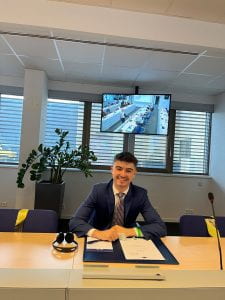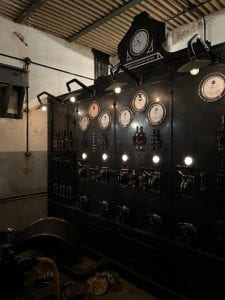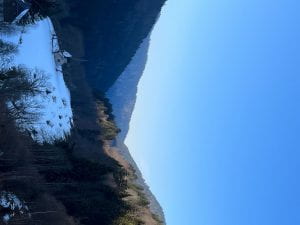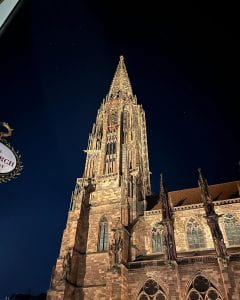Hi all,
I wanted to briefly give you an overview of some of the independent travel that I have been doing during my program. One of the great things about studying abroad in Freiburg, or in Europe generally, is that there are many opportunities to go to a different country for the weekend or during a short break. Moreover, as a city, Freiburg is very centrally located in Europe, France and Switzerland are only 30 minutes away by bus or train. I can easily hop on a train in Freiburg and head to another city in Germany or maybe Austria, or I can get a flight out of Basel on easy jet for very cheap (IE:30-50 euro). However, with easy jet flights, you have to be careful, because often times you can only bring a back which can fit under the seat and there is, in all practical matters, a no-refund policy.
However, due to the closeness of Europe I have been able to do a lot of independent travel. At the beginning of my program, I went to Zürich for a day, going to a museum and to the top of a mountain that overlooks the city and has an amazing view of the Swiss alps. I recommend Zürich, it was a beautiful city. However, bear in mind that its quite expensive. Its best to only go there for a day. Last weekend, I went to Mallorca, a Spanish Island in the Mediterranean Sea. The trip was decently fun, however, it was quite hard to get around without a car ,many places were closed for the season, and was rainy the entire time. I only recommend going there after April and if you have the ability to rent a car. The weekend before the last, I went to Prague. This was by far the best independent trip that I went on since being in Europe. Prague is an absolutely beautiful city top to bottom, with delicious, often very cheap food and drinks. I had the chance to try both absinthe and goulash for the first time in the city. Moreover, I met many very friendly people and had a blast in the Prague nightlife. I highly recommend going there if you have the chance.
In the coming months, I will be going to Hamburg during my Easter Break, along with Athens in late April. Moreover, at the end of my program I will be traveling to Austria and the south of France with my parents. Stay tuned for more updates!
-Andrew






